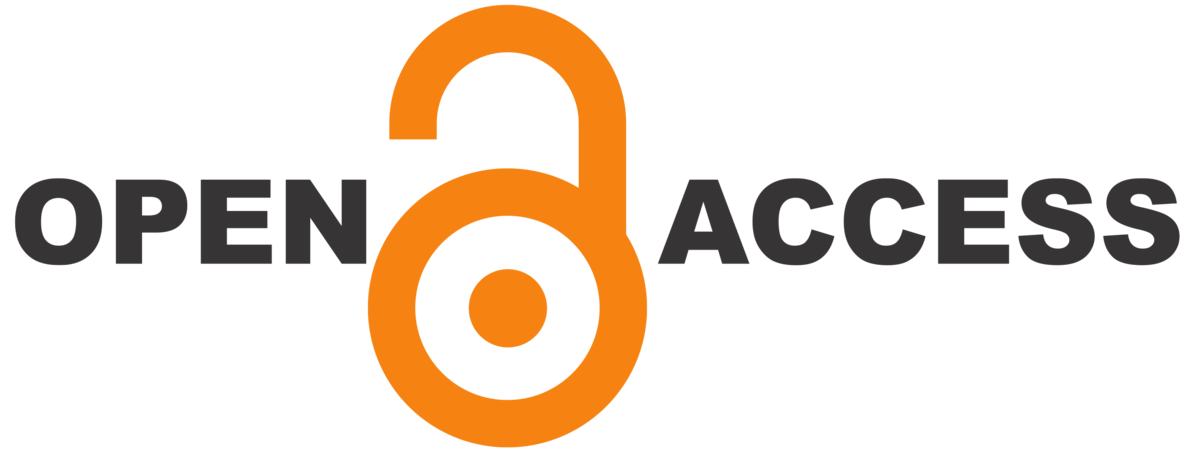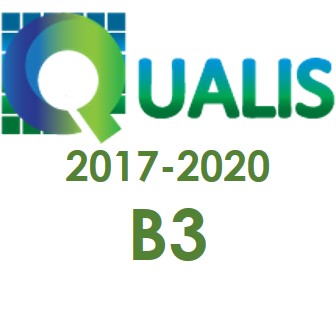ACQUISITION OF THE WRITTEN LANGUAGE FROM THE DAILY GENDER
DOI:
https://doi.org/10.22481/folio.v13i1.8363Keywords:
Aquisição da Escrita; Ensino; Gênero Textual; Letramento; InclusãoAbstract
ABSTRACT In Brazil, the inclusion of children with atypical development circulating in schools is a reality. However, the educational systems that should be prepared for the reception of such students, do not always present this condition. We bring educational inclusion with the intention of erasing the illusion of incapacity, introducing diversity to this environment, which represents a challenge that must be faced by general education systems that need to favor access to the use of tools, suitable for the group, derived from systematic knowledge.We proposed the use of the daily textual genre as a source of school literacy based on the written production of ten (10) children (typical and atypical) students of the 2nd year of elementary school, from a private school in the city of Recife. The objective of this research was to observe the effectiveness of the production conditions offered by the teacher, at the time of the written production of these children, which facilitate the process of literacy and school literacyof the students who most need support, in addition to realizing if they were able reproduce the structure of the proposed genre. The theoretical basis we used was based on authors who work with textual genres, with literacy and inclusion: Marcuschi, Bezerra, MenezesPaiva, Caiado, Street, Kleiman, Mantoan, Figueiredo, Cavalcanti. We adopted qualitative research as the main way to develop this work. As results we show the singular aspect in the trajectory of the learning of the writing of each one of the children and the importance of the work from real and specific textual genres since the initial series. This study highlights the literacy process involved in literacy, in the teaching of language based on textual genres, in the importance of structural characteristics about gender, promoting everyone's learning and the inclusion of students.We did not observe significant differences between the typical and atypical children surveyed with regard to the spelling and gender of the daily language. Quite the contrary, children with disorders have demonstrated good resourcefulness in the development of ideas and the spelling errors found are those expected for their age and grade. The fact that the teacher worked in this genre in various ways (videos, with her own diary, textbook, construction of diary pages by the children) suggests a good understanding and application in the concrete life of these students (literacy).
Downloads
References
BAZERMAN, Charles. Escrita, gênero e interação social.São Paulo: Cortez, 2007.
BARROS, F. R. A. R.; CAIADO, R. V. R. Língua portuguesa na web 3.0: relações complexas de ensino por meio dos recursos educacionais abertos (REAS). Porto Alegre: revista Entremeios, vol. 15, jul/dez 2017.
BEZERRA, B. Gêneros no contexto brasileiro:questões [meta]teóricas e conceituais. São Paulo: Parábola, 2017.
CAVALCANTI, W.M.A. Diversidade X escola: um problema que não se reconhece como tal. Recife: Revista Educação teorias e práticas, ano2, nº 2, 2002.
FIGUEIREDO, R. V. A formação de professores para inclusão dos alunos no espaço pedagógico da diversidade. In: Maria Tereza EglérMantoan. (Org.). O desafio das diferenças nas escolas.1 ed. Petrópolis: Vozes, 2008, v. 1, p. 141-145.
KLEIMAN, ANGELA B. Os significados do letramento:uma nova perspectiva sobre a prática social da escrita. Campinas/SP: Mercado de Letras, 1995.
MARCUSCHI, L. A. Gêneros textuais: definição e funcionalidade. In: DIONÍSIO, A. P.; MACHADO, A. R.; BEZERRA, M. A. (Org.). Gêneros textuais e ensino. 4. ed. Rio de Janeiro: Lucerna, 2005.p.19-36.
MANTOAN, M. T. E. et al. Pensando e fazendo educação de qualidade.São Paulo: Moderna, 2001.
OLIVEIRA E PAIVA, Vera Lúcia Menezes de. Gêneros da linguagem na perspectiva da complexidade.Linguagem em (Dis)curso – LemD, Tubarão, SC, v. 19, n. 1, p. 67-85, jan./abr. 2019.
STREET, Brian V.Letramentossociais:abordagens críticas do letramento no desenvolvimento, na etnografia e na educação. São Paulo: Parábola, 2014.
Downloads
Published
How to Cite
Issue
Section
License
Copyright (c) 2021 Fólio

This work is licensed under a Creative Commons Attribution-NonCommercial 4.0 International License.












